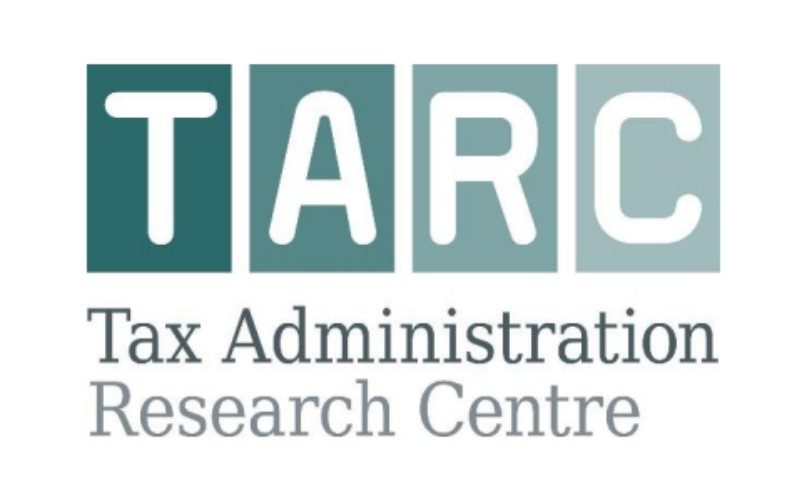Maarten A. Siglé, Nyenrode Business University, Netherlands Tax Administration (NTA), The Netherlands, ORCID 0000-0001-5787-8920.
Stephan Muehlbacher, Karl Landsteiner University of Health Sciences, Department of Psychology and Psychodynamics, Division of Work, Organizational, and Economic Psychology, Krems, Austria, ORCID 0000-0002-3665-4976.
Lisette E. C. J. M. van der Hel, Nyenrode Business University, The Netherlands, ORCID 0000-0002-6976-4338.
Erich Kirchler, University of Vienna, Faculty of Psychology and IHS-Institute for Advanced Studies, Vienna, Austria, ORCID 0000-0003-4731-1650.
In a world where technology keeps transforming every corner of our lives, tax auditing is no exception. From cloud-based accounting to AI-driven bookkeeping, the way companies handle their taxes keeps evolving rapidly. For tax authorities, this shift poses a crucial question:
How can tax auditors keep up—and does experience still matter in the digital age?
That’s exactly what our new study, Tax Audit Quality: The Role of Experience and Technology Readiness in a Digital World, published in issue 10(1) of The Journal of Tax Administration, set out to explore.
The Digital Challenge for Tax Auditors
Traditionally, tax auditors have relied on years of experience to spot irregularities—like mistakes made when processing unusual transactions or misinterpreting tax rules. But today’s landscape keeps adding new twists: IT-related tax risks.
Think about:
· Faulty logical access controls that allow unauthorised system access.
· Weak data integrity due to outdated or misconfigured software.
These aren’t your classic tax risks. They require specialised IT knowledge—and that knowledge becomes outdated fast.
Experience Alone Isn’t Enough
We conducted an experiment with tax auditors from four countries, comparing their abilities to detect both traditional and IT-related tax risks. The findings? When it comes to detecting IT-related risks, experience alone won’t cut it. This makes sense. If your auditing skills were honed in a pre-cloud, pre-AI era, your expertise might not automatically transfer to spotting complex, tech-driven vulnerabilities.
The Secret Ingredient: Technology Readiness
Here’s where it gets interesting. More experienced auditors who were highly open to new technology—demonstrating what we call technology readiness—outperformed their peers in detecting IT-related risks.
Why? Because they actively keep up with new tools, systems, and processes. They don’t just rely on what they’ve always known—they adapt.
Implications for Tax Authorities
This isn’t just theory. The reality is that many tax authorities are facing a looming wave of retirements amongst experienced staff. With fewer veterans in the field, it’s crucial to:
· Target training: Focus on helping auditors to develop IT-related skills alongside traditional audit know-how.
· Deploy strategically: Assign experienced auditors with high levels of tech readiness to the most tech-heavy audits. · Rethink hiring: Look for curiosity and openness to new tools as much as formal qualifications
The Bottom Line
In tax auditing’s digital future, experience still matters—but only if it’s paired with a willingness to embrace change. Technology readiness is no longer optional; it’s a core skill for delivering high-quality audits in a world that won’t stop innovating.
References
- Siglé, M. A., Muehlbacher, S., van der Hel, L. E. C. J. M. & Kirchler, E. (2025) Tax Audit Quality: The Role Of Experience And Technology Readiness In A Digital World. The Journal of Tax Administration, 10(1), 7–39. https://jota.website/jota/article/view/170

